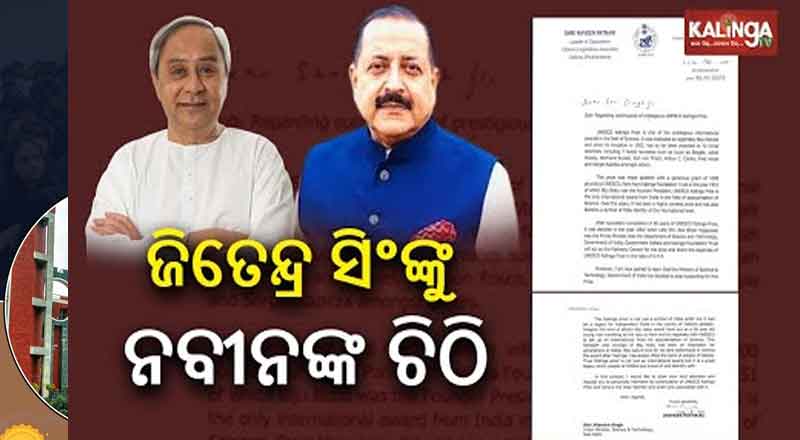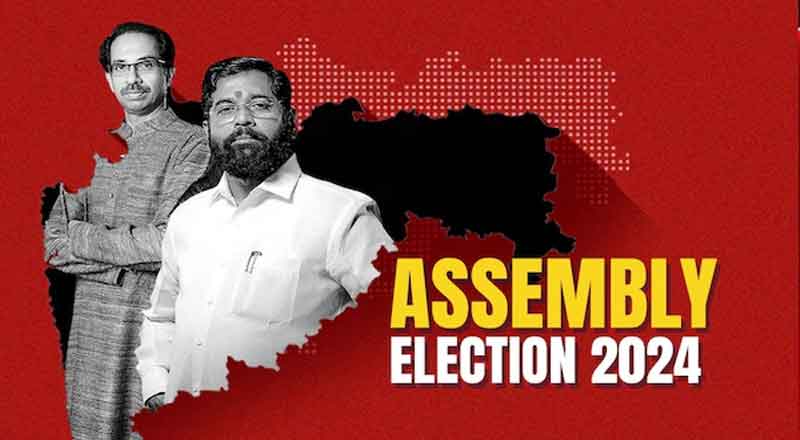The Ministry of Science and Technology has announced its decision to withdraw its financial support for the UNESCO Kalinga Prize for Popularisation of Science, a prestigious award established in 1951 by former Odisha Chief Minister Biju Patnaik. The Kalinga Prize, UNESCO’s oldest award, was instituted with a donation from the Kalinga Foundation Trust, founded by Patnaik, and has since been a significant international recognition in the field of science communication.
According to official sources, the decision to cease the Department of Science and Technology’s (DST) annual contribution to the Kalinga Prize is part of a broader initiative to “rationalise” all science awards in India. This follows the government’s introduction of the Rashtriya Vigyan Puraskar, a new set of science awards, which replaced earlier awards, including the Shanti Swarup Bhatnagar Awards. The first recipients of the Rashtriya Vigyan Puraskar were announced last week.
The withdrawal of support for the Kalinga Prize has sparked a strong protest from former Odisha Chief Minister Naveen Patnaik. In a letter to Science and Technology Minister Jitendra Singh, Patnaik urged the government to reconsider its decision and restore the financial backing for the award.
“The Kalinga Prize is not just a symbol of Odia pride but it has set a legacy for independent India in the comity of nations globally… This prize was made possible with a generous grant of 1,000 pounds to UNESCO from Kalinga Foundation Trust… of which Biju Babu was the founder president. UNESCO Kalinga Prize is the only international award from India in the field of popularisation of science. Over the years, it has been a highly coveted prize and has also become a symbol of Odia identity at the international level… Kalinga prize is not just an international award but it is a great legacy, which the people of Odisha are proud of and identify with,” Patnaik wrote in his letter.
The Science Ministry has been supporting the Kalinga Prize since 2001, providing a cash prize of $40,000, along with a Kalinga Chair, which includes an additional $5,000. The award also offers the winner an opportunity to visit India for two to four weeks to engage with scientists and science communicators, with all expenses covered by the DST. The state government of Odisha and the Kalinga Foundation also contribute to the award.
The winner of the Kalinga Prize is selected by the Director-General of UNESCO based on the recommendations of a five-member jury. The prize has been awarded to several distinguished figures, including seven Nobel laureates, such as Bertrand Russell, Louis de Broglie, and David Attenborough, among others. The award ceremony traditionally takes place during World Science Day celebrations in Budapest.
While an official response from the Science Ministry is still awaited, sources have indicated that the decision is consistent with the broader rationalisation of science awards in India. The ministry had already released the contribution for the Kalinga Prize for the previous year before this decision was finalized.
The withdrawal of support has raised concerns about the future of the Kalinga Prize, which has not only been a significant recognition in the field of science popularization but also a symbol of Odisha’s contribution to global scientific discourse.





